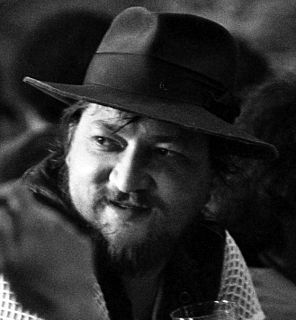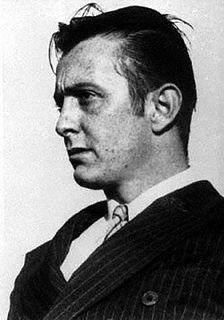A Quote by Northrop Frye
Myths, as compared with folk tales, are usually in a special category of seriousness: they are believed to have "really happened,"or to have some exceptional significance in explaining certain features of life, such as ritual. Again, whereas folk tales simply interchange motifs and develop variants, myths show an odd tendency to stick together and build up bigger structures. We have creation myths, fall and flood myths, metamorphose and dying-god myths.
Quote Topics
Again
Believed
Bigger
Build
Category
Certain
Compared
Creation
Creation Myths
Develop
Dying
Exceptional
Explaining
Fall
Features
Flood
Folk
God
Happened
Interchange
Life
Motifs
Myths
Odd
Really
Ritual
Seriousness
Show
Significance
Simply
Some
Special
Stick
Structures
Tales
Tendency
Together
Up
Whereas
Related Quotes
Myths are about the human struggle to deal with the great passages of time and life--birth, death, marriage, the transitions from childhood to adulthood to old age. They meet a need in the psychological or spiritual nature of humans that has absolutely nothing to do with science. To try to turn a myth into a science, or a science into a myth, is an insult to myths, an insult to religion, and an insult to science. In attempting to do this, creationists have missed the significance, meaning, and sublime nature of myths. They took a beautiful story of creation and re-creation and ruined it.


































